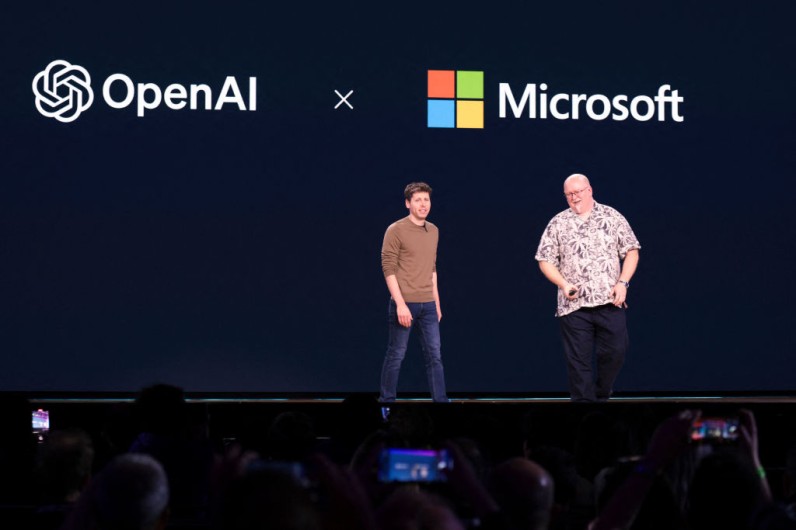
Microsoft's head of AI, Mustafa Suleyman, has ignited controversy by asserting that all publicly available online content should be considered "freeware" for training artificial intelligence models, Techradar reported.
In detail, Suleyman argued that distinguishing between freely accessible web content and copyrighted material protected by publishers is crucial. However, he acknowledged the complexities involved, especially concerning content protected from web scraping.
VCPost reported previously that AI companies had been found bypassing protection tools websites use to avoid illegal web scraping.
Suleyman's stance, in return, has drawn sharp criticism from content creators and legal experts alike.
Concerns have been raised by content creators who argue that their intellectual property rights are being violated without compensation. Many fear that the unrestricted use of their work for AI training could undermine their livelihoods and compromise the integrity of generative AI technologies.
READ MORE : Center for Investigative Reporting Sues OpenAI and Microsoft Over AI Use of News Content
Lawsuit Against AI
This controversy is exemplified by a recent lawsuit report shared by VCPost. The Center for Investigative Reporting filed a lawsuit against OpenAI and its major investor, Microsoft, alleging unauthorized use of the nonprofit's content, which underlines ongoing legal uncertainties surrounding AI model training practices.
For now, Microsoft has assured users of its GenAI tools of protection against potential copyright issues. Meanwhile, OpenAI has defended its practices, stating that there is ongoing collaboration with global news publishers to incorporate their content responsibly into AI applications.
Microsoft has yet to comment on the lawsuit filed by CIR.







Join the Conversation